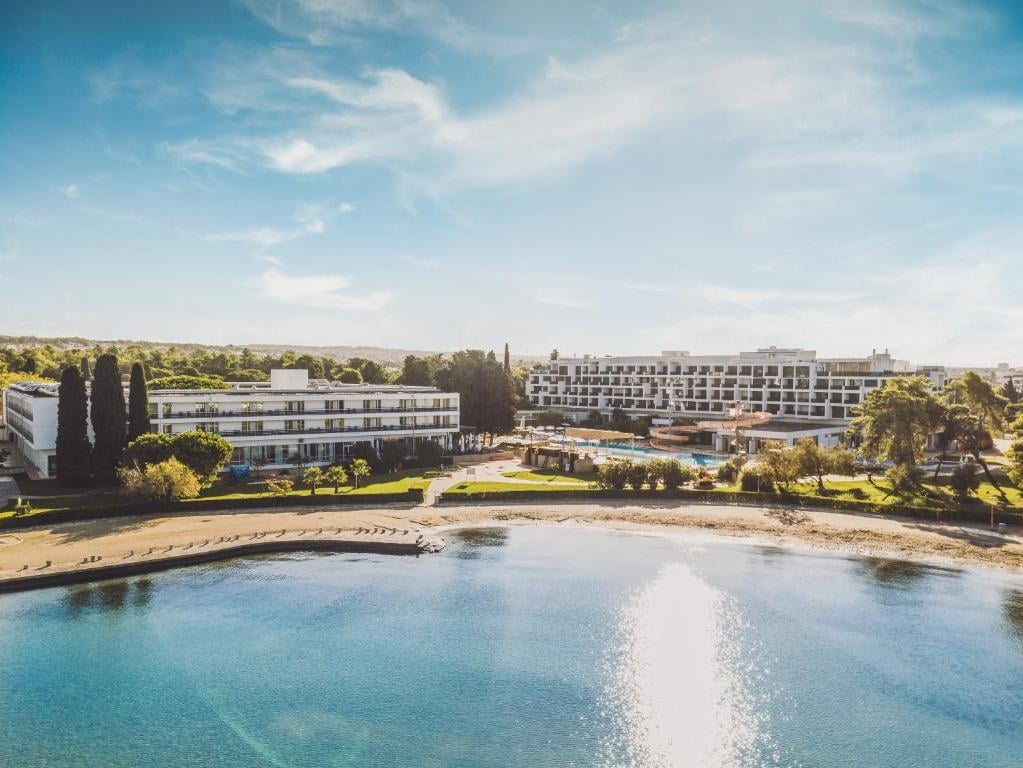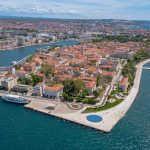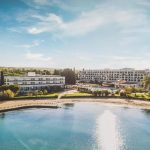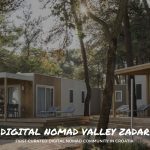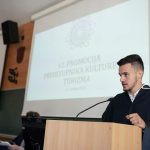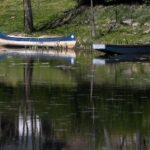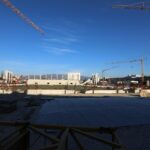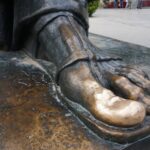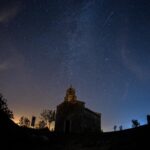As TCN reported earlier today, a new offer for the digital nomad scene in Croatia will launch next month. We caught up with one of the co-founders of Digital Nomad Valley Zadar, Mario Mrksa, to get a little more detail behind the headlines.
1. Many people in Croatia are just coming to terms with the term ‘digital nomads’ and now you are introducing the concept of a ‘Croatian digital nomad village’. Can you firstly explain exactly what a digital nomad village is?
A digital nomad village is something that was first coined in Madeira, when Startup Madeira, alongside Goncalo Hall introduced a small town in the island called Ponta do Sol as the first official digital nomad village. It is a concept of a curated digital nomad community, where a specially created coworking space represents the base and the soul of the “village”. The idea is to gather digital nomads in a specific area in order to create a strong community, which will then get stronger on its own, as the members of the community will invite their friends and help make the community even better. We took a lot of inspiration from that project and we started thinking about how we could do something similar in Croatia. Somehow naturally, we saw a big opportunity to do the project in Premium Camping Zadar. We simply got attracted to everything that resort had to offer and knew that it would be a perfect place for the pilot project in Croatia and were extremely happy to hear that they are also very interested in participating in the project. As it is located in Borik, which is just an area in Zadar, we called the project Digital Nomad Valley Zadar.
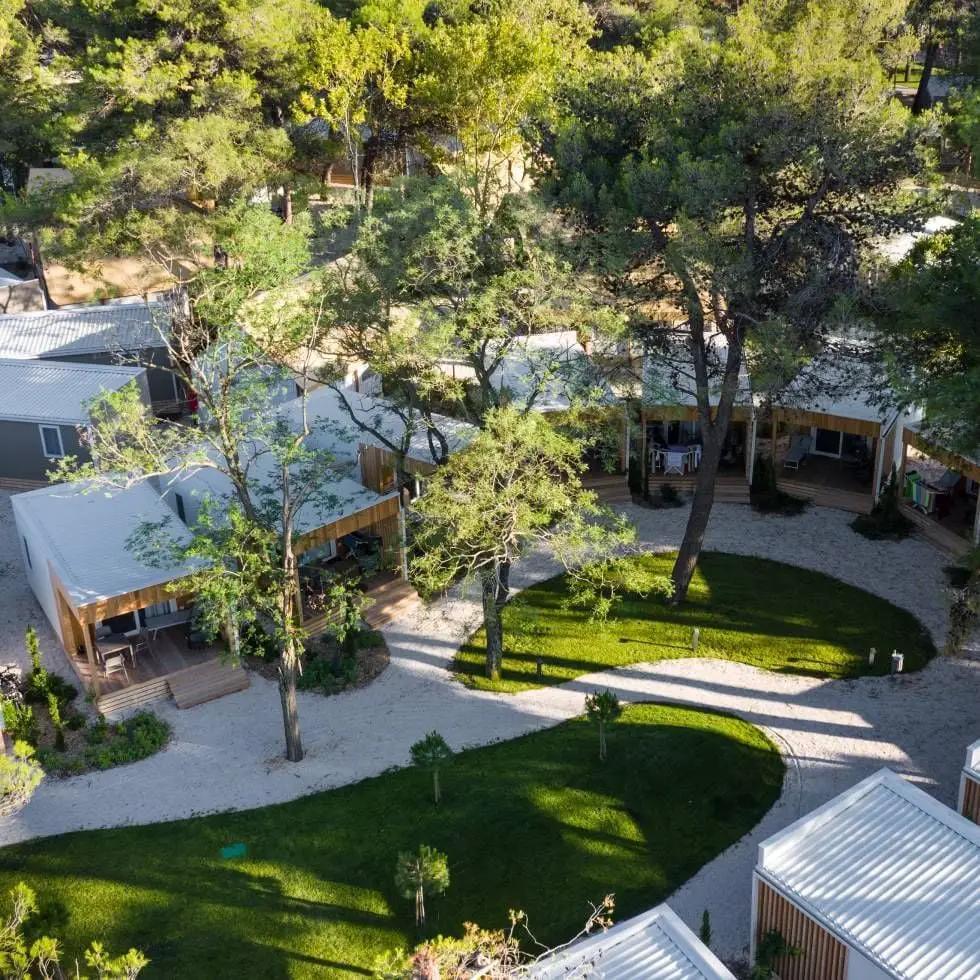
2. How did you come up with the idea?
Our company is in the midterm accommodation rental business, and we have observed a steady increase in the popularity of Croatia as a destination for digital nomads – even before the pandemic. This trend was accelerated by Jan de Jong who publicly spoke on Linkedin about digital nomads and what Croatia should do to attract them. His initiative for a Croatian digital nomad visa has been a huge catalyst, as well as attracting global attention.
I have never been a digital nomad per se, but I lived a nomadic lifestyle when I moved to Southeast Asia for 5 months over 4 years ago. One thing I knew about this lifestyle is that nobody likes to be lonely, and that digital nomads depend a lot on community. Sometimes it happens naturally (like in Bali or Chiang Mai), but sometimes it takes a bit of effort to create a community for a certain destination (Ponta do Sol in Madeira).
We have noticed that Croatia is on top of many digital nomads’ lists of places to visit, but often when they go here, they don’t have any idea where to go or what to do. They often join the Digital Nomads Croatia Facebook group and ask for advice from other nomads. We wanted to create the first curated digital nomad community in Croatia, by giving them an opportunity to live right next to each other, and work together in a coworking office that is specially created for them.
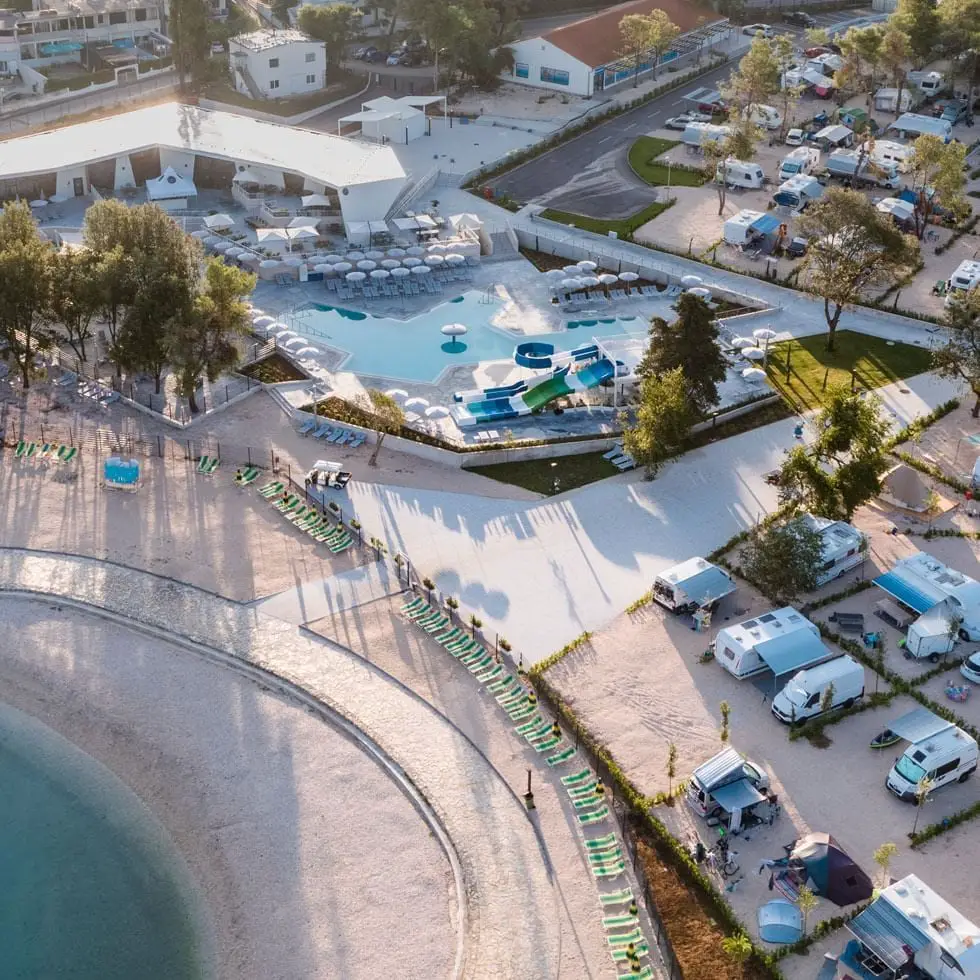
3. This is the first time we have heard of a Croatian digital nomad village. Where is it, what is it, what is on offer, and what are the costs?
The village is located in Borik, Zadar. It consists of Falkensteiner Premium Camping Zadar and the Falkensteiner Funimation resort, which are 5 minutes apart on foot, and about 45 minutes’ walk from Zadar Old Town.
Those who join the program will get accommodation, access to an exclusive coworking office as well as a local host who will manage events and activities for participants.
Premium Camping Zadar is where the nomads will stay. It consists of mobile homes with a range from 1-3 bedrooms. Nomads will be able to take the whole unit or just an individual bedroom. Each mobile home has WiFi with at least 32/32 speed, AC, an equipped kitchen, terrace, and each bedroom has a separate bathroom. Nomads will also have an option to rent a pitch if they decide to come with a campervan. There is also a grocery store within the resort to buy essentials and a bigger store nearby the resort.
Hotel Funimation is where the coworking office will be. It’s an area of around 90m2 which will be built into an exclusive co-working space for the participants of this program. There, they will also have WiFi available at the minimum speed of 32/32 mbps.
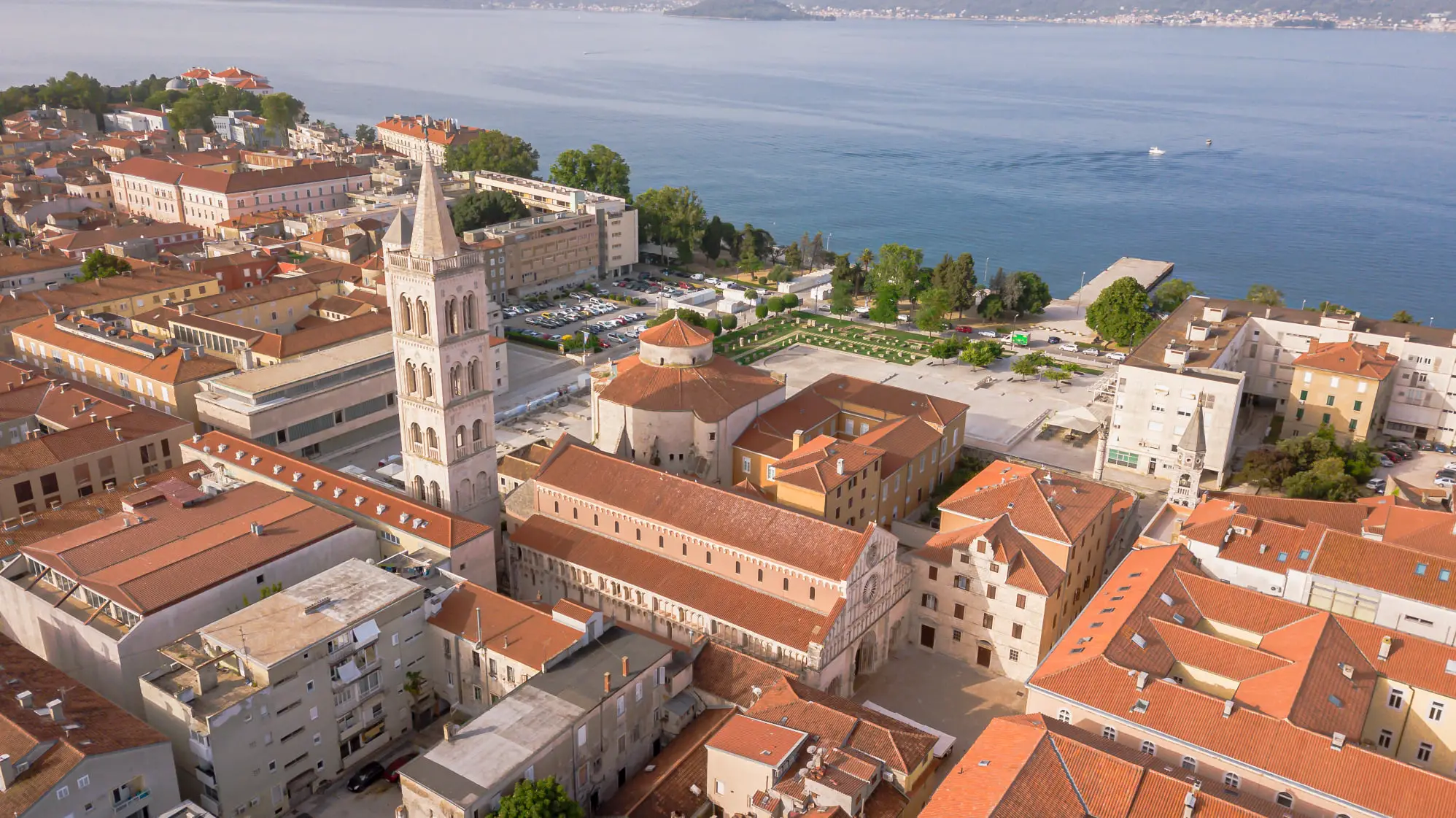
In addition to the resident nomads, a local host will live among them who will take care of them and manage the events that will be organized for the participants. Some of these events will also be open to the public. Firstly, we will organize events and activities, but as soon as the first nomads start joining, we expect that many of them would want to organize activities, so the list of daily activities should grow on its own. It’s a concept we’ve seen in Madeira, and we believe that it’s a great and sustainable model. The local host will also help nomads with any questions they might have. especially for those that are coming straight from another country.
Although each unit is self-catering, nomads will also be able to choose from a variety of catering options from just breakfast to all three big meals included. This will be charged separately. Participants will also receive a 20% discount for the resort SPA facility, and we will also organise free entrance to some events and facilities. We will also partner with local bars and restaurants in Zadar who are willing to provide a discount for the participants of this project.
The minimum duration of stay will be 2 weeks and the prices depend on the type of mobile home and duration of stay, but it would range from €500 to €1300 per month. We believe that the prices are very DN-friendly as access to coworking space and local-host support is included in the price.
Both Premium Camping and Funimation operate within Covid19 health regulations.
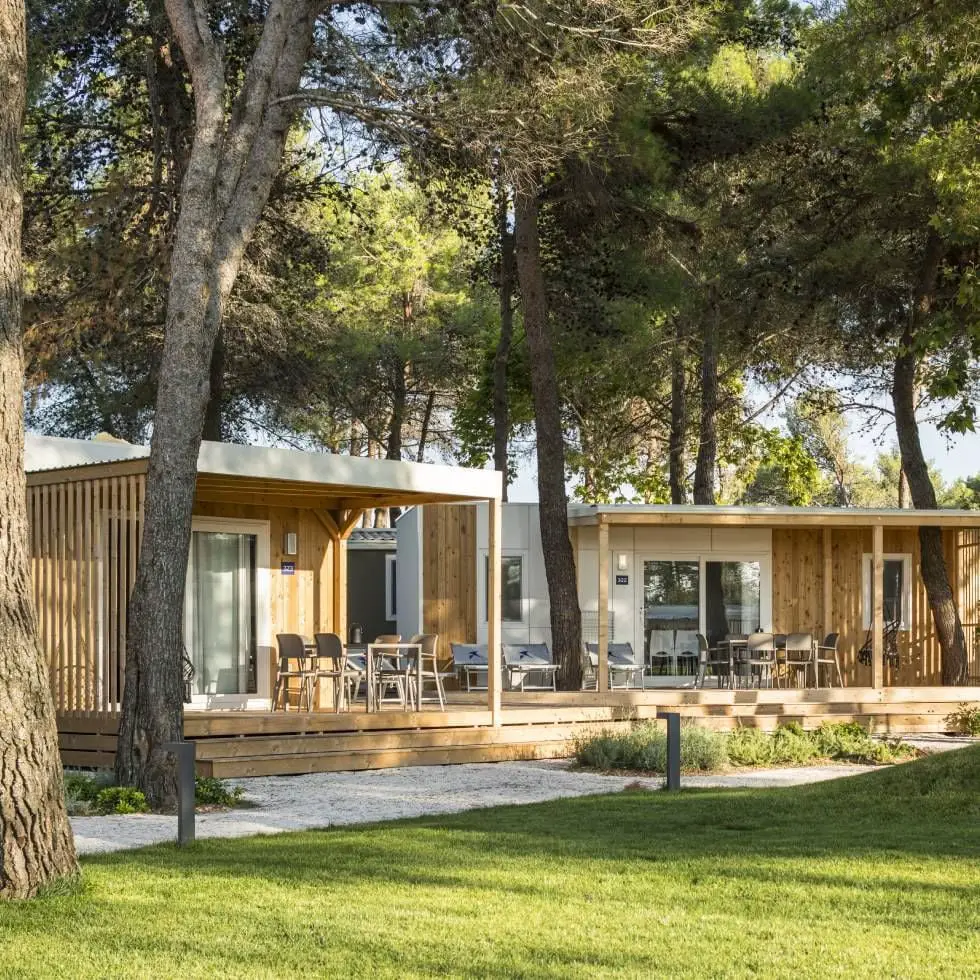
4. Who is this village aimed at, and how many people are you hoping to attract?
The village is aimed at digital nomads and remote workers who want to come to Croatia and connect with other people within the community. However, we don’t have any restrictions, and anyone that wants to participate in the community can apply. That means that freelancers and locals can also participate. We believe this project will attract many people, but our goal is to gather around 30 people with a nomadic lifestyle in the first month.
5. Madeira had the first DN village in Europe earlier this year. Are there many others? What lessons have you learned from the Madeira initiative?
Madeira is definitely the project which received the most media attention, and what they did there was amazing. I recently visited Madeira and Ponta do Sol, and the presence of the community is very strong. The project itself did not only bring many nomads to Ponta do Sol, but to the whole island of Madeira, which is, by the way, an amazing island to live in.
One of the key impacts it has brought is that there are now a couple of towns with actual communities around the island, and all of them have a different set of activities and events. For example, everyone knows about the digital nomad sunset party in Ponta do Sol, and even tourists have heard of it and now the whole island wants to go there every Friday to enjoy good music and great people. Goncalo Hall was the project manager of that project, and now he is doing similar projects in a couple of other places which is amazing. On the other hand, a small village in Bulgaria called Bansko has already done something similar 5 years ago already, and every true nomad has heard of that place, even though it’s just a small village next to a ski resort. But the place has become so popular that now there are a couple of coworking spaces for digital nomads in this small town, as well as an annual digital nomad festival.
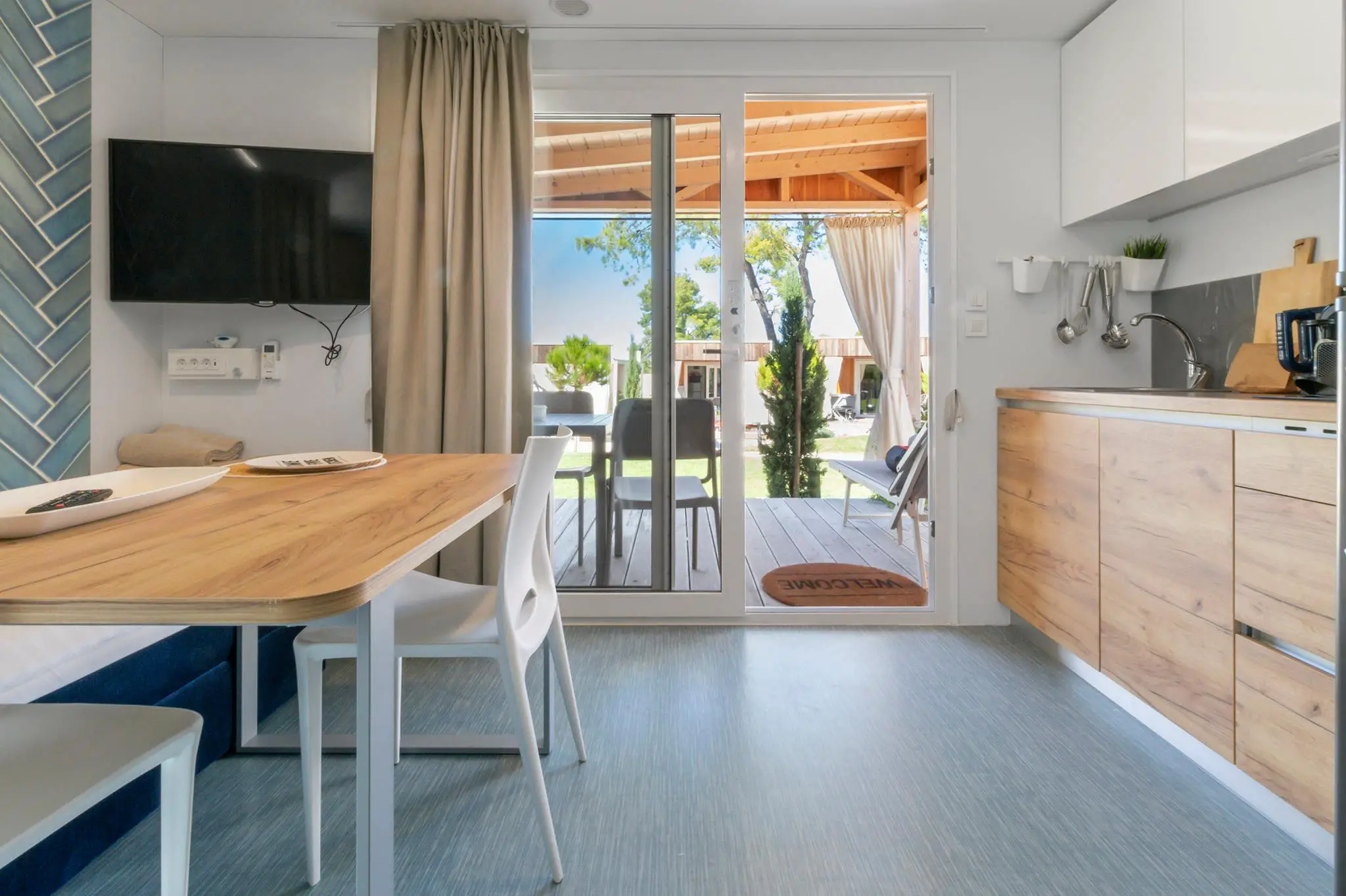
6. Why Zadar?
The vision is to have more places like this in Croatia, and we would like to see such initiatives happening in smaller cities and towns as digital nomads can greatly impact their economy. But for the pilot project, we wanted to focus on a bigger and more recognizable city. Zadar seemed to be the perfect option as it has a lot of access to the sun, is well connected with the rest of the country, is surrounded by islands and already distinguished businesses for foreigners. And we also have a strong and enthusiastic partner in Falkensteiner.
7. Who are the partners in this project?
This project is part of an initiative called Work Remotely Croatia by grabAhome. The partner for this project is Falkensteiner H&R, while the project is being supported by the Digital Nomad Association and Zadar Tourist Board. The core idea is to offer exclusive accommodation and co-working space for participants in this project, but we also plan to organize events and activities where we would like to involve more partners in the project.
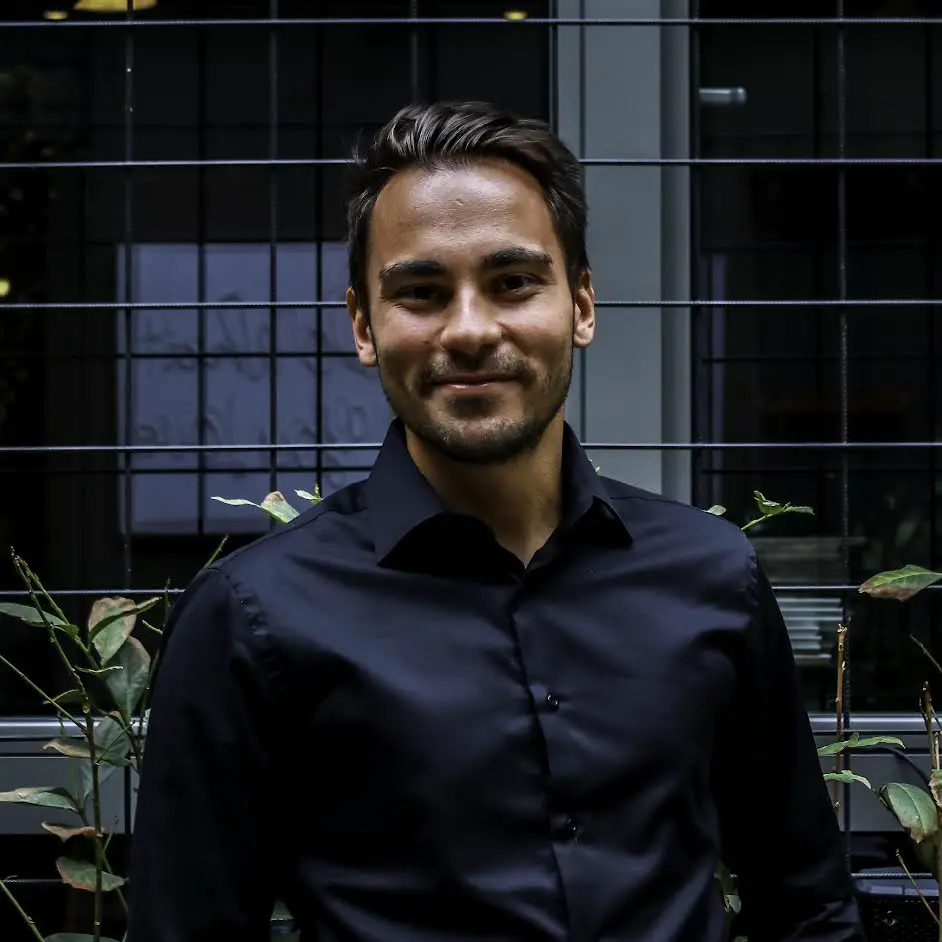
8. When do you expect to launch?
We will be accepting the first participants on October 10.
9. There has been a lot of hype about digital nomads in Croatia, but still a low take-up of the actual permit, although there has been a significant increase in the number of DNs coming to Croatia for periods shorter than a year. How do you see Croatia’s current position on the DN scene globally?
I believe that the specially regulated permit for digital nomads was a great way to show that the country is already thinking about digital nomads and it’s the reason why many are considering staying here for a year. By talking to many digital nomads, Croatia seems to be very high on the list for many nomads that want to travel around Europe. But the community is the number one priority for most nomads, and Croatia still has a long way to go in this respect. It takes time to form a strong community, which is why I started running (alongside 2 partners) the Digital Nomad Croatia Facebook group and why we started with this project.
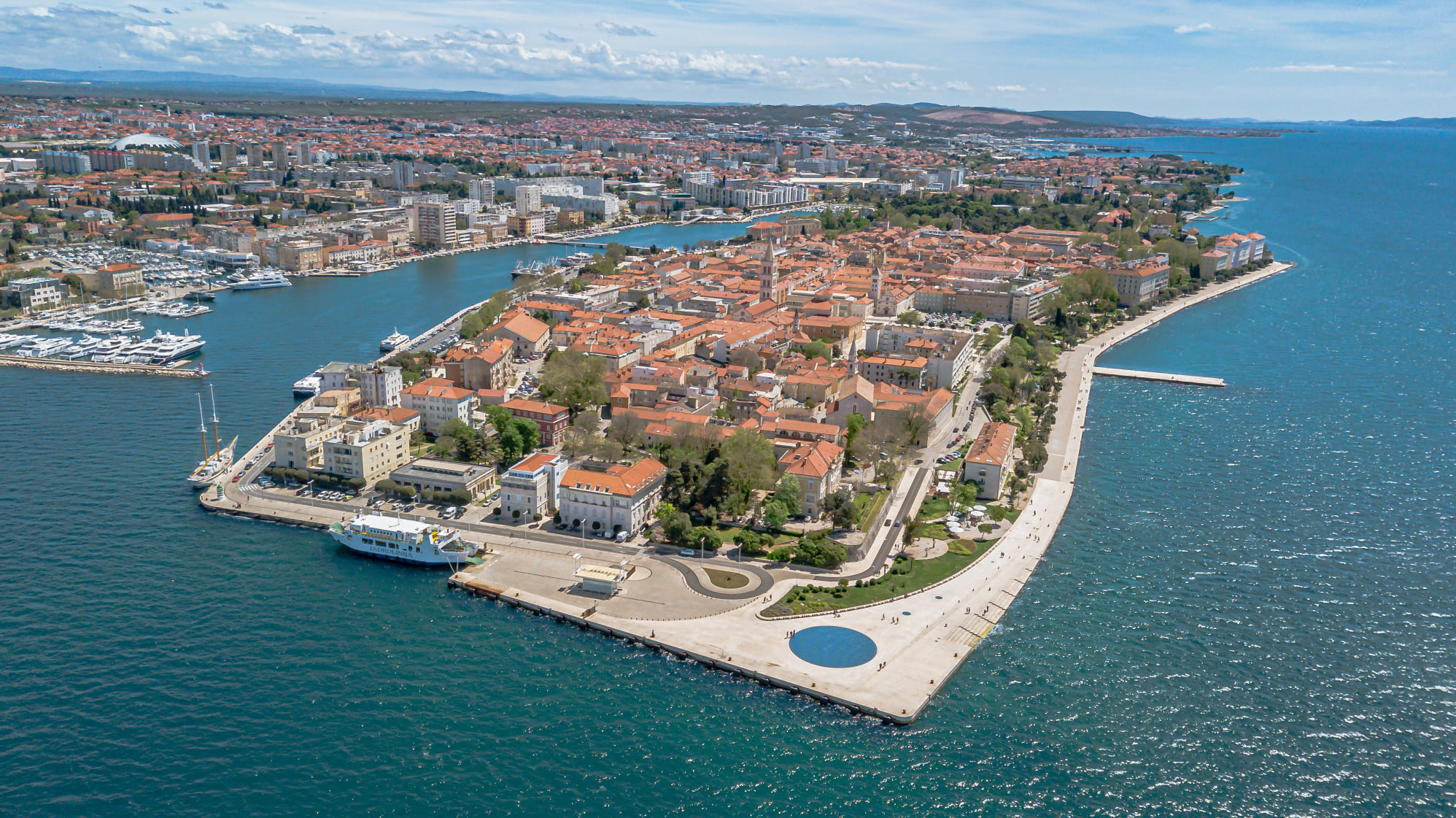
10. How do you see the DN scene in Croatia 12 months from now?
DNs currently represent a small niche in Croatian tourism, and I believe that a couple of individuals can create a big difference and have a large impact on this community. We can already see the impact that Total Croatia News and Jan de Jong have brought. So, the way I see it is that we will see many more great individuals in the next 12 months that will do the same, and the more of these individuals we have, the local community and government will see the impact and start focusing more on this niche. As we know, summer represents the majority of Croatian tourism, and with remote workers and slow travelers, we can create a much more sustainable tourism in Croatia. Consequently, I believe that Croatia will do many great things in the next 12 months and will be on top of the list to live in for DNs.
You can learn more about Digital Nomad Village Zadar on the official website.
For the latest news and features on digital nomads in Croatia, follow the dedicated TCN section.

